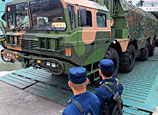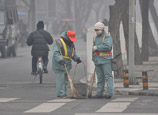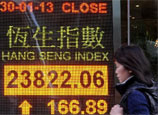
More than 90 percent of China's polysilicon producers have suspended production, and are awaiting government action to help improve their competitiveness after being squeezed by oversupply and an influx of overseas products.
Just a handful of the 60-plus producers of polysilicon, the main raw ingredient in panels that turn sunlight into electricity, were believed to be still in production by the end of 2012, according to the Securities Times, citing official industry figures.
Industry insiders now think mergers and acquisitions are sensible to achieve better economies of scale.
A report released last week by Mingsheng Securities noted that the output capacity of domestic polysilicon producers is still more than 100,000 tons, enough to produce more than 20 gigawatts.
But it added: "There will be a huge surplus, considering our expectation for 2013's silicon-based module output of 15 gigawatts."
Instead of trying to save all the companies, the authorities should take the opportunity to consolidate the industry, eliminating small-scale companies with low efficiency, the report said.
Xue Jing, assistant general manager of Winsun New Energy, a company specializing in producing silicon wafers, said: "The price of imported polysilicon has been brought down since the authorities launched anti-subsidy and anti-dumping investigations into imported polysilicon last year."
But Xue added that if prices were the same for local and imported products, many would consider it more reasonable to buy imported ones, as the quality is better.
China launched an investigation on Nov 27 to determine whether retrospective duties should be levied on imported solar-grade polysilicon from Europe, South Korea and the US.
 |
















 Homecoming interrogations trouble young Chinese
Homecoming interrogations trouble young Chinese


![]()
